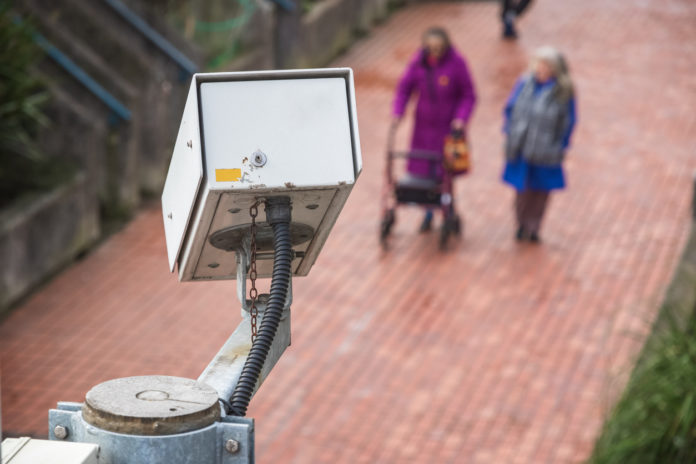A trial of CCTV in South Australian aged care facilities has finally begun – almost two years after it was first touted as a tool to better protect the state’s elderly residents in care.
“SA Health is undertaking an Australian-first CCTV pilot project to explore the acceptability and viability of using audio-visual surveillance and monitoring in residential care settings,” SA Health said in a statement.
The 12-month pilot has commenced in two SA Health operated sites: Northgate House – a specialist residential mental health service; and Mount Pleasant District Hospital’s Residential Aged Care Service.
South Australian company, Sturdie Trade Services Pty has been engaged as the technology partner to work with SA Health on the pilot.
“The pilot involves the installation of CCTV cameras and sound recording devices (recording devices) in both common areas and bedrooms of the pilot sites,” said SA Health.
CCTV cameras have also been installed in outside common areas.
The recording devices are programmed to detect predetermined visual and sound “triggers” such as falls or calls for help.
“When this occurs, the analytics in the recording device send a plain text alert to an independent monitoring centre, who will then immediately contact the facility to advise that an event has occurred,” the health department said.
Footage of the “trigger” event, including the minutes before and afterwards, is automatically retained and stored securely in a locked server room on-site, which can then be reviewed by an authorised person as required.
“SA Health prides itself on delivering quality care, and safety and privacy for those receiving care are priorities.”
“Residents’ participation in the CCTV pilot project is voluntary and recording devices in residents’ bedrooms will only be activated with the consent of the resident or their guardian or substitute decision maker.”
This consent may also be withdrawn at any stage during the pilot, SA Health said.
Residents, families/representatives, staff and unions have been provided with information sessions and regular progress updates during the planning and installation phases to assist them in understanding how the technology works and what it means to participate in the pilot.
“SA Health will continue this engagement throughout the 12-month implementation phase.”
SA Health has also engaged PricewaterhouseCoopers to undertake a comprehensive evaluation of the pilot.
“This will include a range of residents’ experience measures, as well as staff acceptability and quality and safety improvement measures,” SA Health said.
The Commonwealth Department of Health is supporting the pilot with funding through the Commonwealth Dementia and Aged Care Services Fund.


